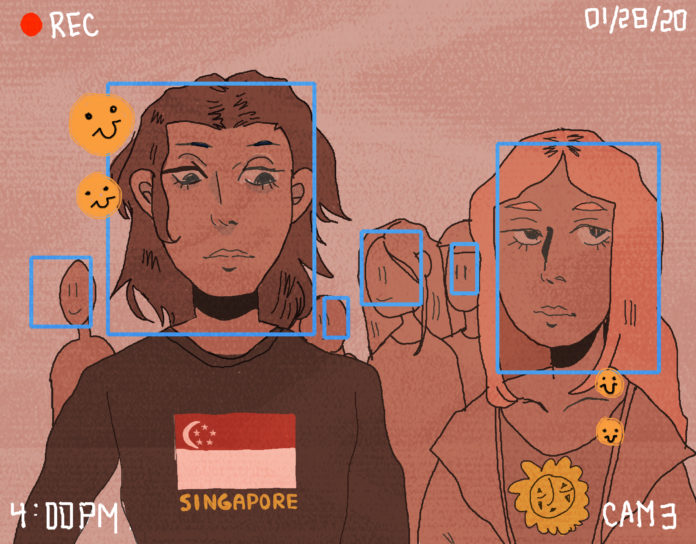Weren’t you scared of always being filmed? Did you get in trouble for chewing gum? Were you ever caned? These are questions that I’ve constantly been asked since leaving Singapore and venturing over to this side of the world for college. For the first 18 years of my life, I was lucky enough to call Singapore my home: a 278.6-square-mile island just one degree north of the equator, filled with palm trees, beaches and shopping malls. The land of “Crazy Rich Asians” has experienced an immense amount of growth in many facets of society, especially over the last 15 years. Known for its seemingly excessive number of regulations and harsh financial penalties — including the famous chewing gum policies — the young city-state has faced much criticism over its harsh governing policies.
Friends, peers and acquaintances all come to their own conclusions about life in Singapore, in large part based on popular media and catchy slogans, such as “Singapore: A Fine City.” I don’t believe anyone has spoken to me about Singapore with malicious intent, but it angers me to see these people arguing against the rules and cultures of Singapore without ever experiencing it themselves. One aspect that many (especially those with a Western point of view) seem to hone in on is surveillance and privacy. Singapore is the third most surveilled city in the world outside of China, with 15.25 cameras per 1,000 people.
Along with thousands of surveillance cameras, the Singapore government also has access to the emails, telephone calls and internet search histories of all citizens. Compared to a country like the U.S. — which requires a warrant before gaining access to these private things — the Singaporean way of governing can seem shocking and scary.
What people don’t know is that this lack of privacy creates an atmosphere of safety and security that I have never experienced outside of the island. Surveillance and security don’t always have to go hand in hand with a lack of privacy. In fact, I urge you to try and think about surveillance in a positive light. The city-state infamous for its high levels of surveillance and “Big Brother” government was the perfect place to grow up.
The governing forces of Singapore have used surveillance for the good of its citizens, turning it into one of the 10 safest countries in the world. The U.S. has a rape rate 10 times higher than Singapore and a rate of violent gun crimes 178 times greater. It’s important to note that the fear of excessive surveillance is very real for many Americans. The increase in facial recognition has led to more racial profiling and The Patriot Act, which allows the government to monitor private communication — much like the Singaporean government. But surveillance has translated into security in Singapore in a way it hasn’t in the U.S. The Economist recently named Singapore the second safest city in the world. The strict governing practices of this metropolis once again reaffirm the safe nature of the country. When people argue that the right to privacy is a human right, I would argue that the right to a safe, healthy and long life is even more important.
I hear stories of friends from the U.S. who weren’t allowed to walk around their neighborhood alone, even as seniors in high school, and I can’t help but think of my parents putting me in a taxi alone at 10 years old without any fear. Walking home from an outing with friends alone at night was never a source of concern for me or my parents. This was, in fact, the biggest adjustment I had to make coming to LA. Here, I don’t feel comfortable walking anywhere alone, especially as a woman. Even though Occidental’s campus has 260 security cameras, I still find myself feeling fearful. I think of all the awful things that could happen to me at any moment and constantly find myself thinking that I would never want to trade my safety and peace of mind for privacy from the government. While it may be hard for some to understand, many Singaporeans are willing to make the exchange for a sense of security; there is widespread public support for surveillance. I saw security cameras everywhere I turned, but the pure sense of comfort in my everyday life more than made up for it.
Before you jump to conclusions about what it might be like to live in an infamously surveilled country, I encourage you to have a conversation with someone who has lived that experience firsthand. What they say might surprise you. Throughout my time in college, I’ve had countless conversations about life in Singapore with my classmates, almost all of whom come into the discussion with their own conclusions about life in a protected state. However, after listening to my stories and experiences, almost everyone admits their ignorance and expresses their fascination.
For my family, living in Singapore provided an intense sense of freedom, no matter how monitored we were.
Aime Fukada is a junior sociology major. She can be reached at afukada@oxy.edu.
![]()































